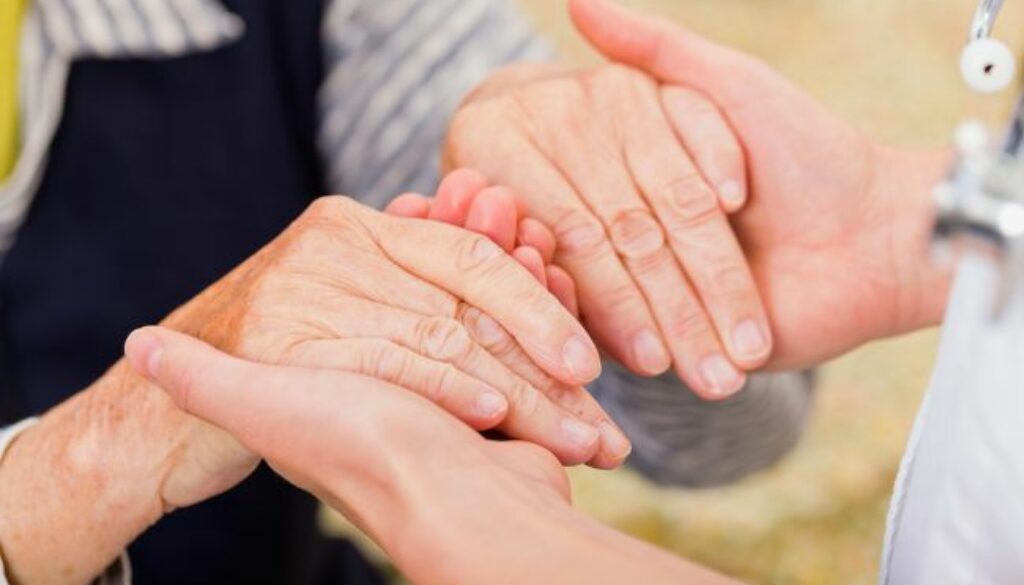Five Treatments for Arthritis
What Is Arthritis?
Arthritis is one of the most common diseases in the United States, and it is not just a disease that affects older Americans. While joint and muscle stiffness may begin for many in the mid-40s, it can affect young adults and children. Research scientists have been continually working toward developing new treatments for the disease.
Arthritis Treatments
The best course of treatment depends upon what type of arthritis a patient has. Did you know there are more than 100 types of arthritis, and each one has varying symptoms and different remedies? Osteoarthritis—the deterioration of the joints due to years of wear and tear—is the most common form of arthritis.
Following are five treatment options for osteoarthritis:
Medications
NSAIDS (nonsteroidal and anti-inflammatory drugs) can help with the pain. While some of these may be purchased over-the-counter, others may require a doctor’s prescription. All medications should be taken as directed.
Exercise
Although it may sound counter-intuitive, the more arthritis sufferers can exercise their joints, the better. Range of motion exercises can help relieve stiffness, and strengthening exercises like weight training will help muscles support and protect joints. For more helpful advice, check out the National Institute on Aging’s Go4Life ® campaign. It provides information about how to start and stick with a safe, effective exercise program.
Weight Control
Being overweight or obese places extra stress on joints, making it difficult to exercise and compounding complications caused by arthritis pain. Speak with your doctor about a weight control plan that is right for you. Be sure to implement healthy eating habits in the plan, and avoid “fad diets” that can be harmful.
Surgery
Sometimes, joints have significant deterioration, and the pain cannot be controlled through medication. In this case, joint replacement surgery may be warranted. Joint replacement surgery is on the rise – knee replacements are some of the most common surgeries in the United States, and approximately 600,000 are performed each year. The surgeries are not just for aging Baby Boomers. According to researchers from the University of Massachusetts Medical School, an increase in the number of knee replacement surgeries performed each year on younger adults may be connected with the increase in obesity.
Supportive Aids
Some with arthritis may benefit from using specialized, supportive shoes or walking with a cane. One important note: be sure the cane has been adjusted and fitted by a health care professional. Borrowing walkers or shoes from friends or relatives may cause problems because these devices were not specifically adjusted to fit your needs.
While there are alternative therapies such as dietary supplements and acupuncture, do not start any of these remedies without speaking to your physician first. Some of these remedies may not have proven scientific evidence to support their use. Your doctor can help you.




